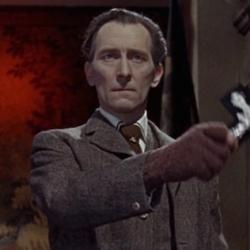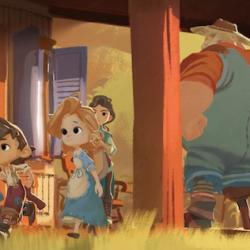Over at Grantland, Wesley Morris traces the shift in romantic comedy in the 1980s to the politicization of the genre:
“By the 1980s, romantic comedy had started to turn inward, away from fights between two equals. Women took center stage — unless the movie was Tootsie, in which Hoffman wore a wig and a dress. This was how we got from romantic comedy to rom-com: politics. Tootsie was part of a series of workplace comedies in which the romance was essentially, unapologetically political — Nine to Five, Baby Boom, Working Girl. Goldie Hawn spent a decade doing both somewhat straight-ahead romantic comedies (with Chevy Chase and Burt Reynolds) and crashing into and through glass ceilings. (Overboard is one of the strangest movies ever made about the joys of marriage and motherhood.) The conflict wasn’t so much between a guy and a girl and their discordant personalities. It was between a girl and her expectations in and out of the office.”
Recently, rom-com has departed even further from its roots in the battle of the sexes. The sexes aren’t battling anymore because they’ve been separated: “The genders were drifting apart — mostly with men unto themselves, in stuff like Old School and the comedies of Will Ferrell, Owen Wilson, Vince Vaughn, and Ben Stiller.” Writers and directed eliminated or reduced female roles: “movies would focus, almost self-consciously, on the homosocial bond between men. These movies would be called bromances and would almost completely subvert romantic comedy and supplant it in the culture.”
Morris regrets the shift: “With men over here and women over there, you miss the energy of what happens in good romantic comedy when the sexes commingle. The art form is degraded now. It’s lettuce on a juicy blockburger.”














